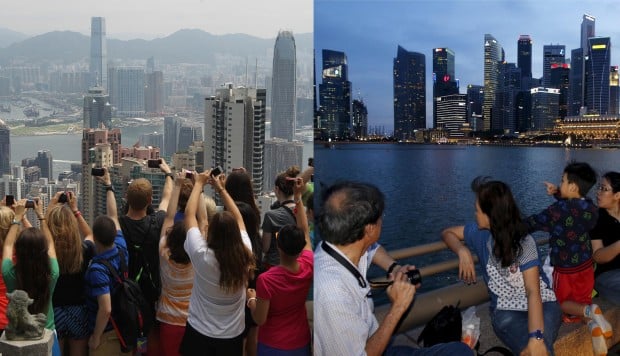
China’s tourism industry is trying to cope up in terms of convenience with the other major global tourism cities around the world.
Fragrant Hills Tourism Summit named nine Chinese cities in the top 20 of the 104 surveyed cities across the world in terms of tourism competitiveness.
Among the top 10 cities, Shanghai ranked second only to Tokyo; Macao, Xi’an, Hangzhou and Beijing ranked fifth, eighth, ninth and tenth, respectively. The research is based on the study carried by the World Tourism Cities Federation on 104 major tourism cities in Europe, America, the Asia Pacific and the Middle East.
Hong Kong and Shanghai are the only two Chinese cities which made it to the list of the top 20 rankings of the convenience index. Amsterdam, followed by Las Vegas and New York were named as the most convenient city.
The research also measured the general development of the cities based on resources, economy, infrastructure and other factors. Paris, New York and London took the top spots in this category; Beijing ranked seventh.
According to UN Habitat, 70 percent of the world’s population will be living in cities by 2025. With these new findings, it will be helpful for the authorities to help policy makers and stakeholders take strategic steps to improve and maintain urban tourism governance and sustainable management.
“Excessive tourism” is a real-time issue and should be dealt with utmost importance to avoid any more traffic congestion and pollution. The resident-tourist complex relationship also creates a sense of conflict at times, specially in mass tourism.